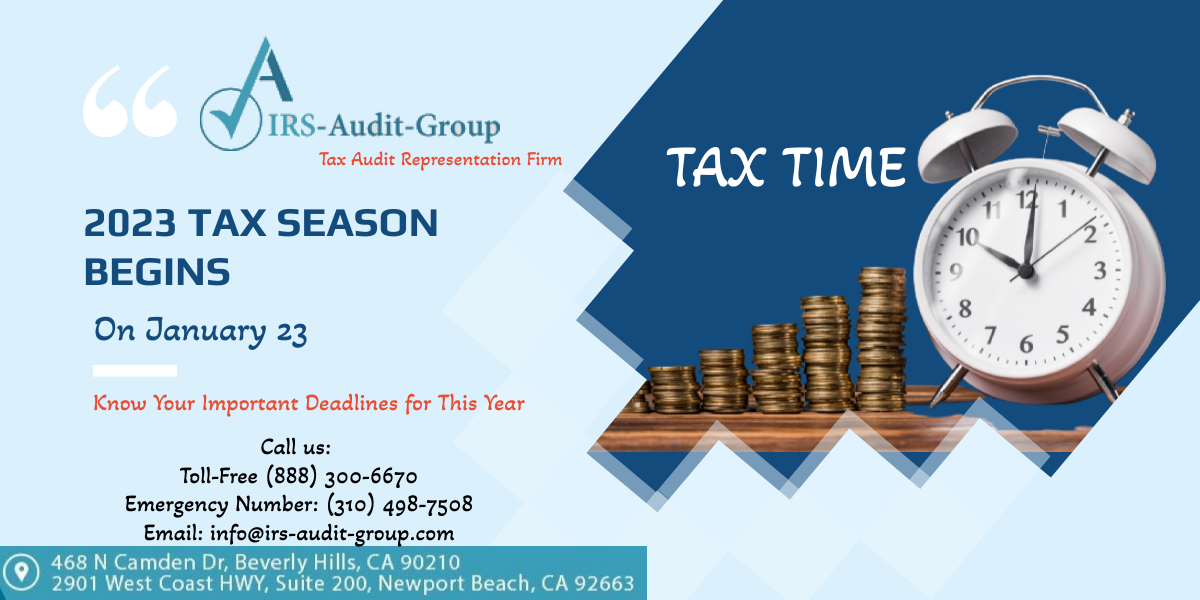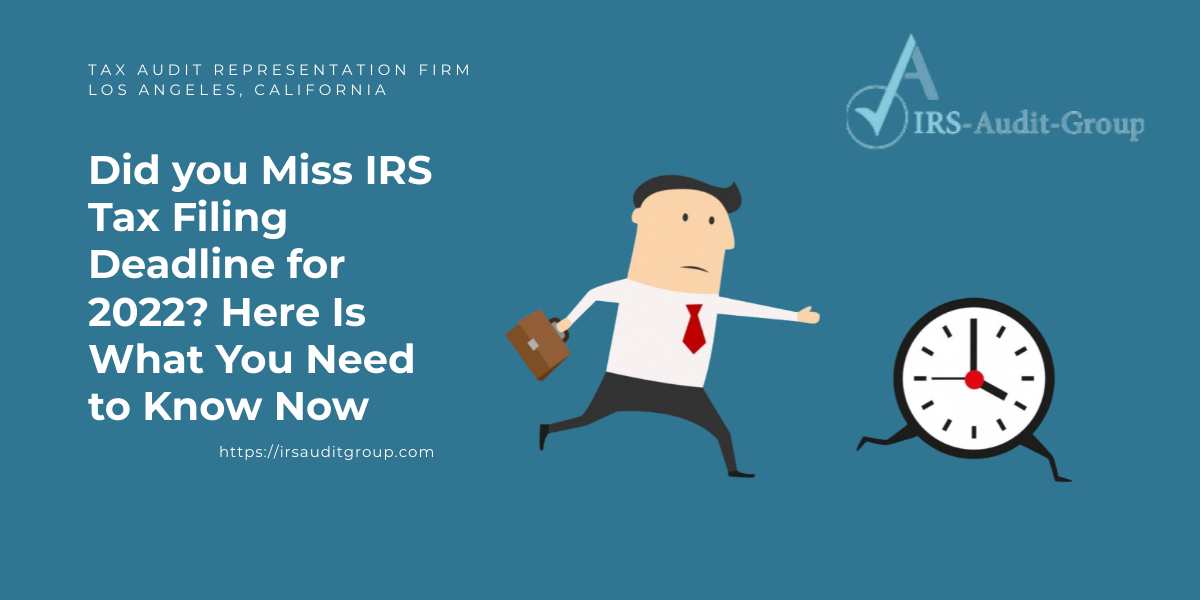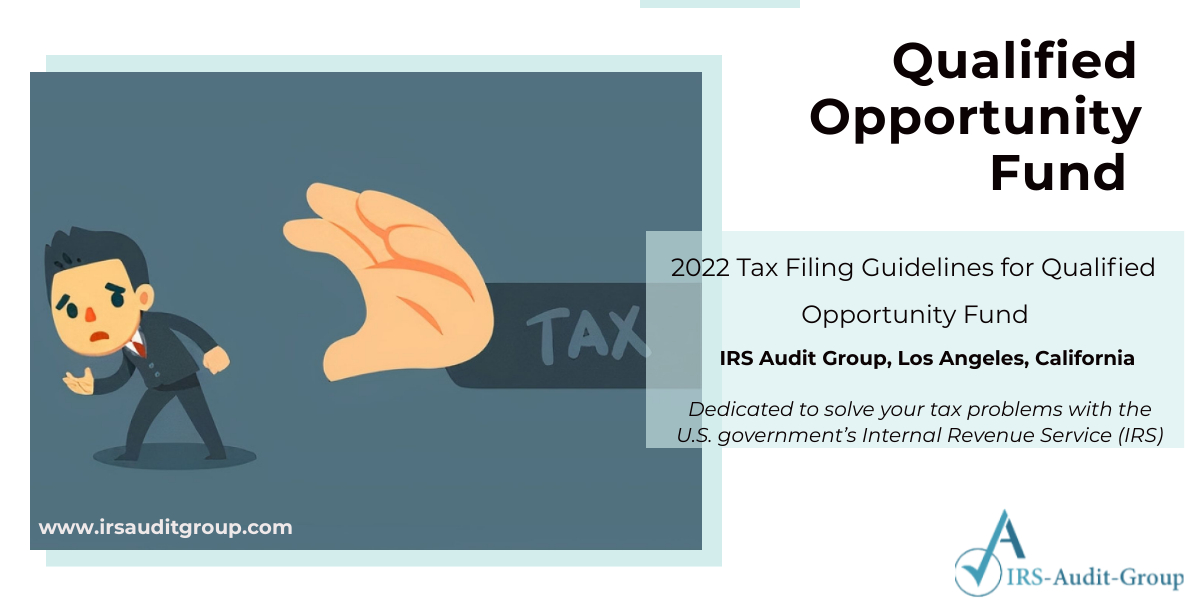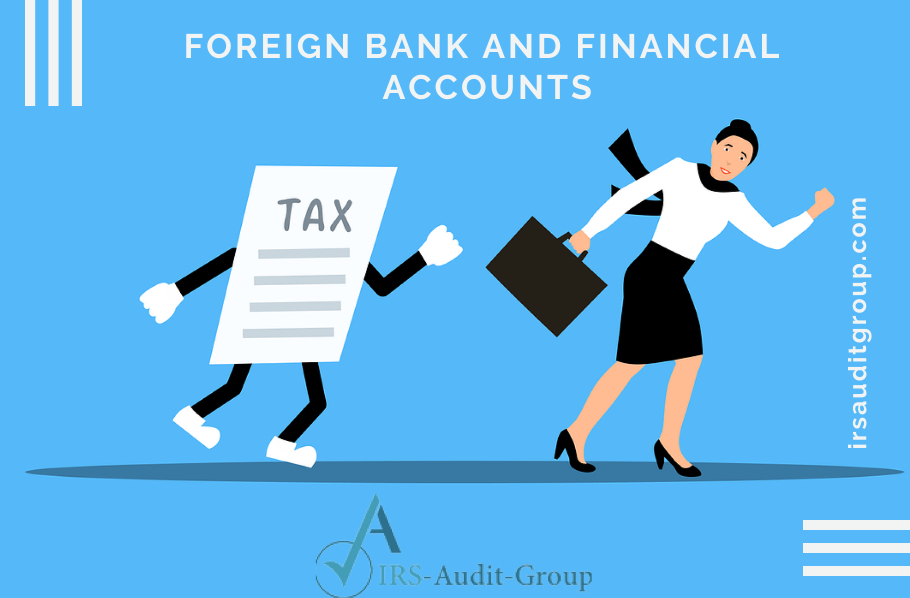The Internal Revenue Service (IRS) will begin accepting tax filings on January 23, 2023. This time IRS has hired more employees to help the taxpayers for a seamless experience. Taxpayers can contact IRS customer representatives through telephone and online tools as given in this link. People can also visit the IRS official website to check on the basic question under the FAQ section before contacting the customer representative team.
IRS Free Service Programs
IRS has various free services to help taxpayers with tax filing.
- The IRS’s Volunteer Income Tax Assistance and Tax Counselling for the Elderly programs are few that offer free basic tax return preparation to qualified individuals. Eligibility for the same can be checked on the above links.
- IRS Free File Program also opened on Jan 13, 2023. The service providers in this program will accept completed returns and file them electronically once it is open on Jan 23. This free file program is available only for taxpayers with AGI (Adjusted Gross Income) of $73,000 or less in 2022.
- For people in the service like the military community, the department of defense provides a free tax resource called MilTax. It includes software for tax preparation and electronic filing. It offers individualized assistance from tax advisers and up-to-date tax filing information. With MilTax, qualified taxpayers can file a federal tax return and up to three state taxes electronically for free.
Many software providers and tax professionals are already preparing taxpayers’ returns and will file them once the window is open. Therefore, IRS advises taxpayers to choose their tax professionals wisely. There are various types of tax return preparers, including enrolled agents, certified public accountants, tax attorneys, and others who don’t have professional credentials. It has even provided guidelines on selecting tax preparers through this link.
Importance of IRS Tax Credits
The IRS recommends individuals and tax professionals review their tax situations, so they don’t miss out on important tax credits like Earned Income Tax Credit (EITC) and Additional Child Tax Credit (ACTC). IRS even set an awareness day on Jan 27, 2023, to make them understand the benefits of the EITC program. EITC helps low- and moderate-income workers and families.
Information on IRS Refunds
Taxpayers are advised to collect and submit accurate information for error-free returns filing. This will avoid delays in processing refunds if any. If taxpayers choose direct deposit and there are no issues with their tax return, then IRS expects that most taxpayers will get their refund within 21 days of filing electronically. But taxpayers with EITC and ACTC will receive their refunds in mid-February due to processing time in identifying fraudulent refunds under the 2015 PATH Act. Taxpayers can check their refund status through Where’s My Refund? Link. This link will show an updated status by February 18, 2023, for early EITC/ACTC filers. Further, individuals can securely log in to their IRS Online Account to access personal tax account information, such as the balance, payments made, and tax records, including adjusted gross income.
National Due Date to File a 2022 Tax Return
This year the due date for tax season 2023 will be April 18, instead of April 15, unlike last year. Weekends and the District of Columbia’s Emancipation Day holiday affect the deadline, and thus the extension is given for the individuals. The taxpayers also need to file for an extension before Apr 18, if they need time to file the tax returns. Taxpayers requesting an extension will have until Monday, October 16, 2023, to file.
Key Deadlines to Remember
| Jan 13 | IRS Free File opens |
| Jan 23 | IRS begins the 2023 tax season and starts accepting to process individual 2022 tax returns. |
| Jan 27 | EITC Awareness Day |
| Apr 18 | Deadline for 2022 tax return or request an extension |
| Oct 16 | Due date to file 2022 tax returns who is requesting an extension |
IRS Audit Group
IRS Audit Group consists of tax professionals, CPAs, enrolled agents, and tax attorneys. We are located in Los Angeles; California and our primary area of expertise is IRS Tax Audit Representation. But our certified professionals cooperate and work with all IRS offices across the country. Please contact us for more information. https://irsauditgroup.com/contact/
Toll-Free: (888) 300-6670
Emergency Number: (310) 498-7508







